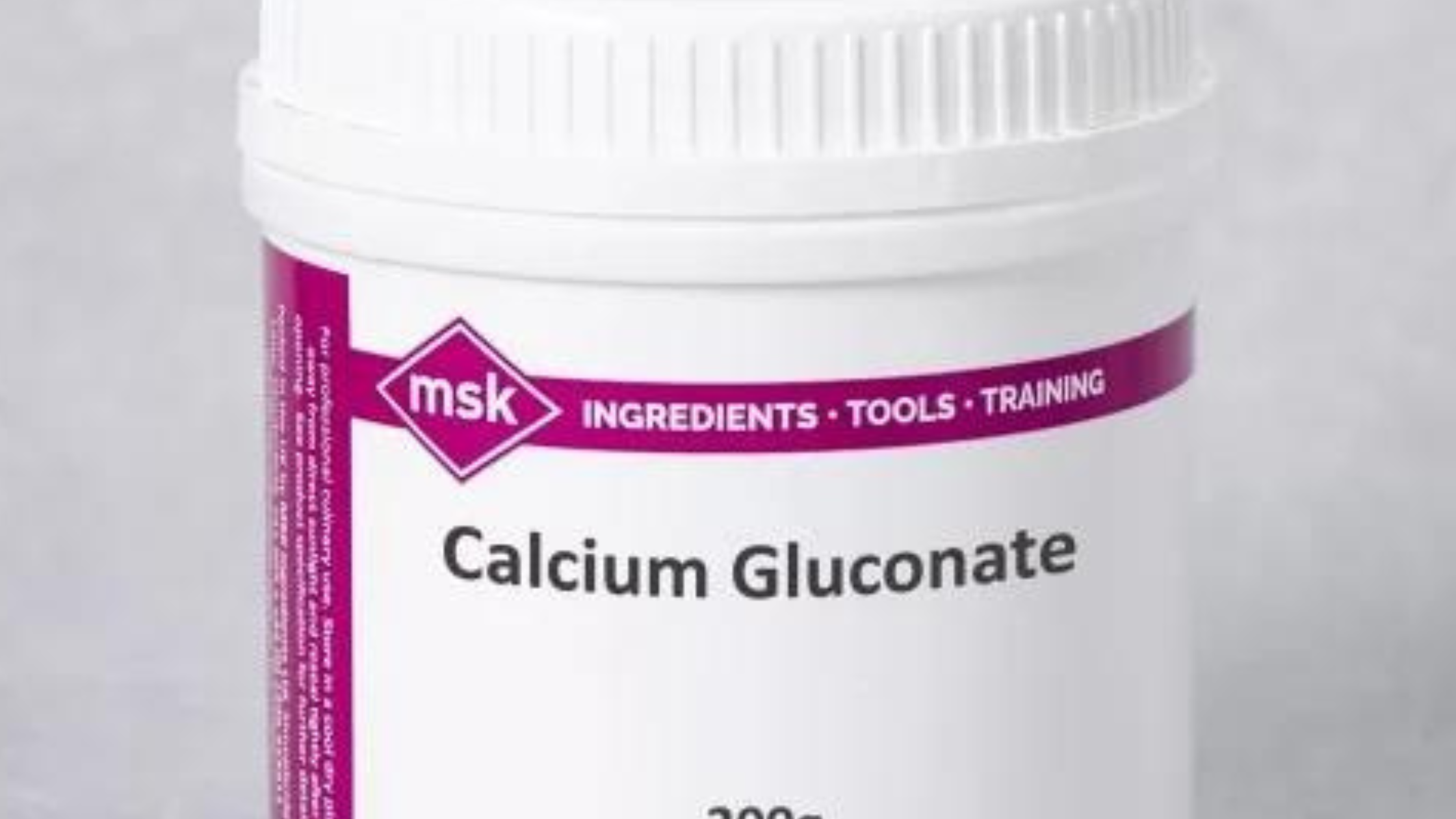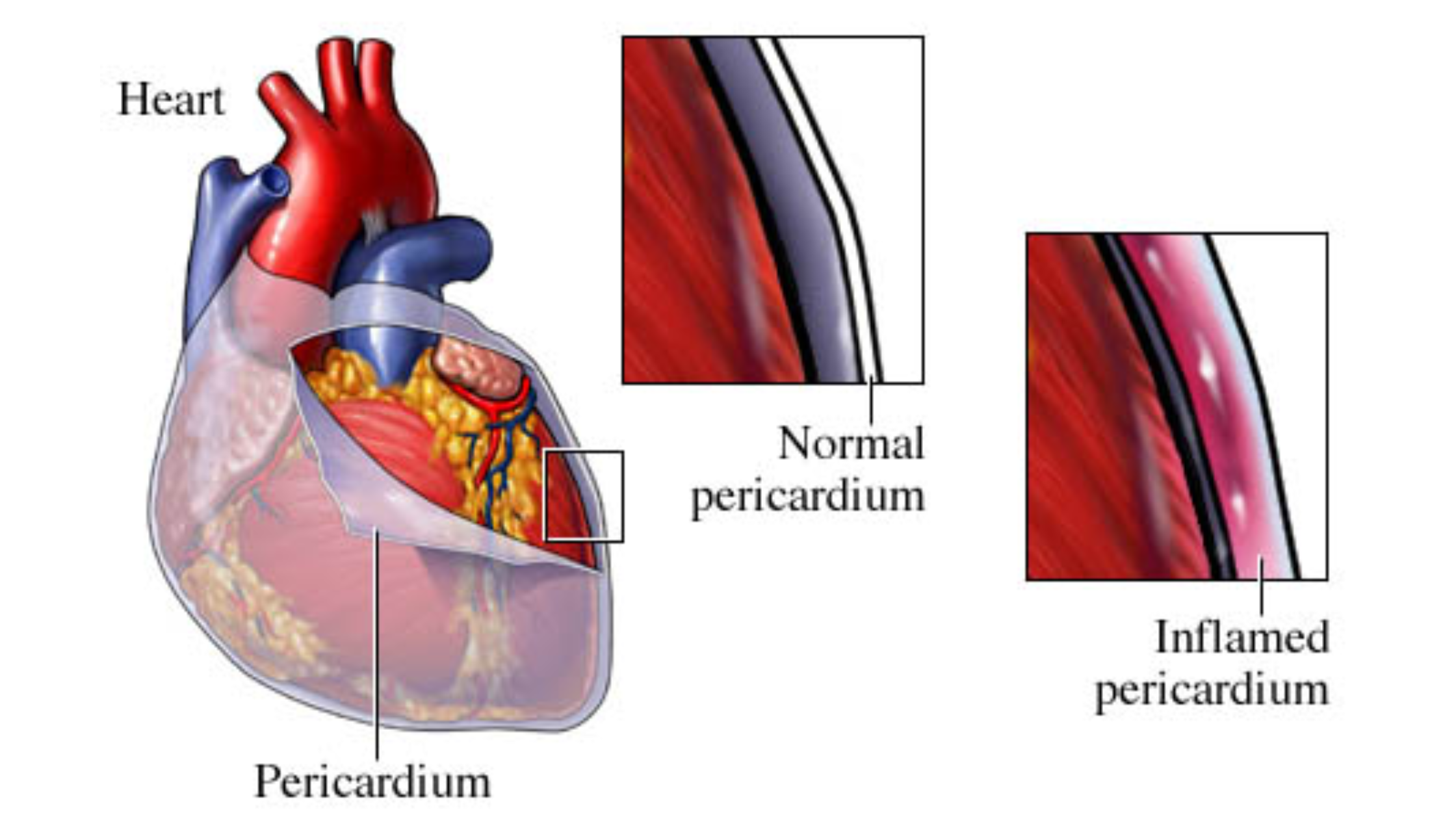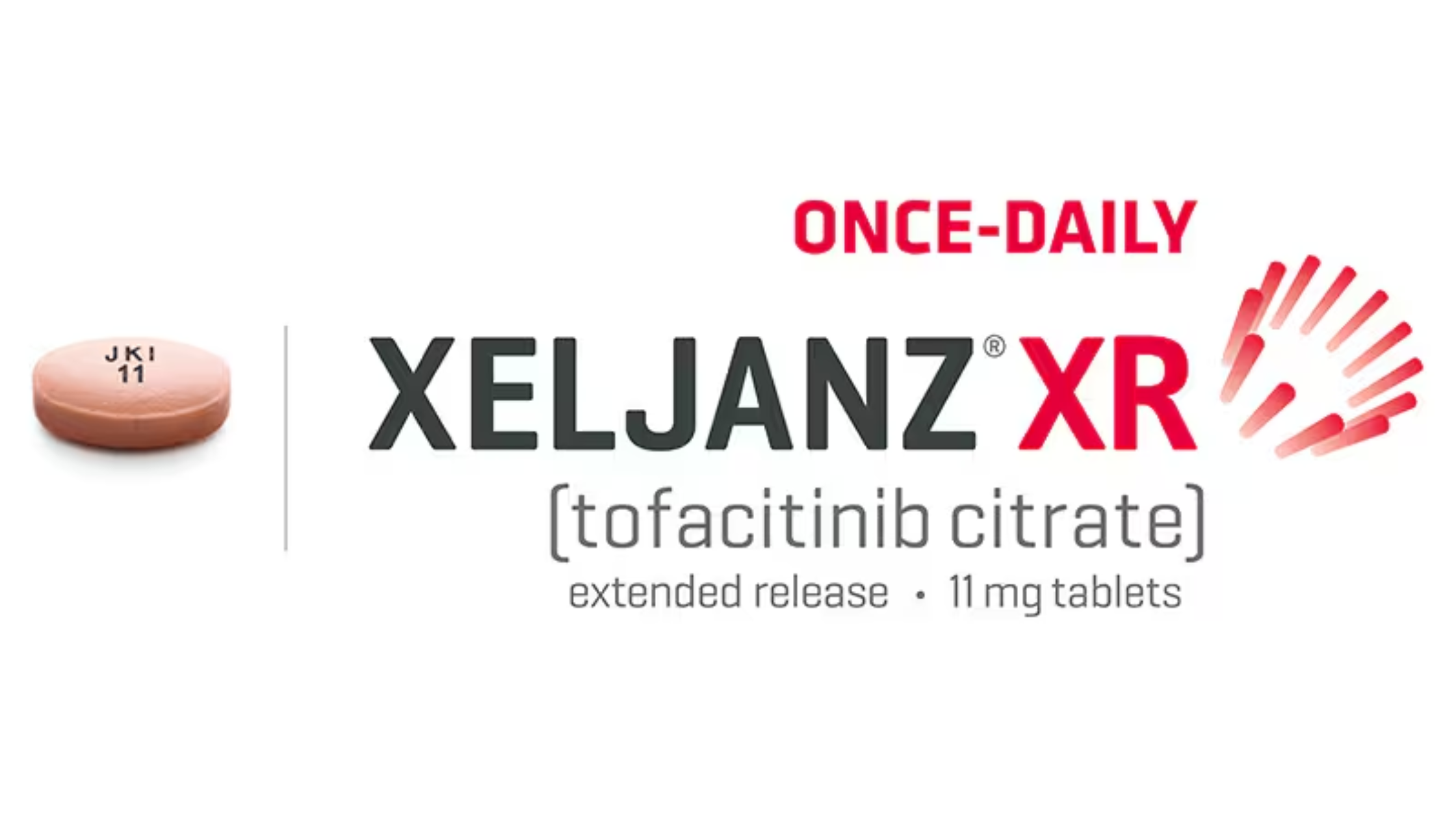What is the antidote to Magnesium Sulfate? Well, Magnesium Sulfate, often referred to as Epsom salt, is a commonly used medication with a variety of medical applications. However, in certain situations, an antidote (Calcium gluconate) may be necessary to counteract Magnesium Sulfate effects. Understanding the role and importance of Calcium gluconate can be crucial in medical emergencies. In this comprehensive article, you will delve into the necessity, mechanism, and practical applications of the antidote to magnesium sulfate. You will also learn its importance, and applications in medical emergencies.
Magnesium sulfate, as we know it is a versatile medication used to treat a range of conditions, from pre-eclampsia in pregnant women to severe asthma exacerbations. Despite its therapeutic benefits, magnesium sulfate can sometimes cause adverse reactions or be administered in excessive doses, leading to toxicity. In such cases, an antidote is essential to mitigate the potentially life-threatening effects of magnesium sulfate overdose.

Magnesium Sulfate at a Glance
Medical Uses
Magnesium sulfate has a broad spectrum of medical uses:
- Obstetrics: It is widely used to manage pre-eclampsia and eclampsia in pregnant women. By acting as a vasodilator, it helps reduce high blood pressure and prevent seizures.
- Neurology: Magnesium sulfate can manage severe migraine attacks by influencing neurotransmitter release and vascular tone.
- Cardiology: It is used in cases of torsades de pointes, a specific type of abnormal heart rhythm, to stabilize the heart’s electrical activity.
- Respiratory: In asthma management, magnesium sulfate helps relax bronchial muscles, facilitating easier breathing in acute exacerbations.
- Pain Relief: It is also used topically for muscle soreness and inflammation, promoting muscle relaxation and pain relief.
Mechanism of Action
Magnesium sulfate works by:
- Inhibiting Calcium Influx: It blocks calcium channels, preventing calcium from entering cells and thereby reducing muscle contraction and vasoconstriction.
- NMDA Receptor Antagonism: By inhibiting N-Methyl-D-Aspartate (NMDA) receptors, it decreases the excitability of neurons, which can be beneficial in preventing seizures and managing pain.
- Increasing Prostaglandin Production: This promotes vasodilation and improves blood flow, reducing blood pressure and enhancing oxygen delivery to tissues.
Magnesium Sulfate Toxicity
What are the Causes of Magnesium sulfate Toxicity?
Magnesium sulfate toxicity can arise from:
- Overdose: Excessive administration of magnesium sulfate, especially in a clinical setting, can lead to toxicity.
- Renal Impairment: Patients with kidney dysfunction may not effectively excrete magnesium, resulting in accumulation and toxicity.
- Drug Interactions: Concurrent use of certain medications can enhance the effects of magnesium sulfate, increasing the risk of toxicity.
What are the Symptoms of Magnesium Sulfate Toxicity?
Signs of magnesium sulfate toxicity include:
- Neuromuscular Depression: Reduced reflexes, muscle weakness, and paralysis.
- Respiratory Depression: Slow, shallow breathing or respiratory arrest.
- Cardiovascular Effects: Hypotension, bradycardia, and cardiac arrest.
- Central Nervous System: Confusion, lethargy, and coma.
The Antidote to Magnesium Sulfate
Calcium Gluconate is the Antidote to Magnesium Sulfate
Calcium gluconate is the primary antidote for magnesium sulfate toxicity. It works by directly counteracting the effects of magnesium, restoring normal cellular function.
Mechanism of Action
Calcium gluconate helps by:
- Competing with Magnesium: Calcium and magnesium compete for the same binding sites on cell membranes. Administering calcium gluconate displaces magnesium from these sites, reversing its effects.
- Restoring Muscle Function: Restoring calcium levels helps re-establish normal neuromuscular function, alleviating symptoms like muscle weakness and respiratory depression.
- Stabilizing Cardiac Activity: Calcium gluconate helps stabilize cardiac membranes, reducing the risk of arrhythmias and cardiac arrest.
Administration of Calcium Gluconate
Dosage and Preparation
The typical dosage of calcium gluconate for magnesium sulfate toxicity is 1 gram (10 mL of a 10% solution) administered intravenously over 5-10 minutes. The dose can be repeated if necessary, depending on the severity of the symptoms and the patient’s response.
Monitoring and Precautions
While administering calcium gluconate, healthcare providers should:
- Monitor Electrolytes: Regularly check serum magnesium and calcium levels to guide treatment.
- Assess Cardiac Function: Continuous ECG monitoring is essential to detect and manage potential arrhythmias.
- Evaluate Respiratory Status: Close monitoring of respiratory function is critical, especially in patients with compromised breathing.
Clinical Scenarios
Obstetric Emergencies
In cases of pre-eclampsia or eclampsia, magnesium sulfate is administered to prevent seizures. However, overdosage can occur, necessitating the prompt use of calcium gluconate to reverse toxicity and prevent further complications.
Neurological Conditions
Patients with severe migraines or those receiving magnesium sulfate for seizure control may occasionally develop toxicity. Rapid administration of calcium gluconate can mitigate adverse effects and restore neurological function.
Cardiac Arrhythmias
In the management of torsades de pointes or other arrhythmias, excessive magnesium sulfate can cause bradycardia or cardiac arrest. Calcium gluconate plays a crucial role in stabilizing cardiac function in such scenarios.
Preventing Magnesium Sulfate Toxicity
Guidelines for Safe Use
To minimize the risk of toxicity, healthcare providers should adhere to:
- Dosage Guidelines: Follow established protocols for magnesium sulfate administration, adjusting doses based on patient-specific factors like renal function.
- Patient Monitoring: Regularly monitor patients receiving magnesium sulfate, including frequent assessments of vital signs, reflexes, and serum magnesium levels.
- Education and Training: Ensure that all healthcare staff are trained in the safe administration of magnesium sulfate and the management of potential toxicity.
Patient Education
As a Patient, you should be informed about the potential side effects of magnesium sulfate and instructed to report any symptoms of toxicity, such as muscle weakness, difficulty breathing, or confusion, immediately.
Research and Developments
Advances in Treatment
Ongoing research is focused on improving the management of magnesium sulfate toxicity, including:
- Alternative Antidotes: Exploring other agents that may effectively counteract magnesium toxicity.
- Pharmacokinetic Studies: Investigating the pharmacokinetics of magnesium sulfate in different patient populations to optimize dosing regimens.
- Technological Innovations: Developing advanced monitoring tools to detect early signs of toxicity and facilitate prompt intervention.
Clinical Trials
Several clinical trials are underway to assess the efficacy and safety of calcium gluconate and other potential antidotes in various clinical settings. These studies aim to refine treatment protocols and improve patient outcomes.
Conclusion & Summary
The antidote to magnesium sulfate, primarily calcium gluconate, is a critical life-saving intervention in cases of magnesium sulfate toxicity. Understanding its mechanism of action, proper administration, and monitoring is essential for healthcare providers to manage and prevent adverse outcomes effectively. By adhering to established guidelines and staying informed about ongoing research developments, medical professionals can ensure the safe use of magnesium sulfate and its antidote, ultimately enhancing your care and safety.
Magnesium sulfate is a valuable medication with a wide range of medical applications, but its use can sometimes lead to toxicity. In such cases, the administration of calcium gluconate, the primary antidote, is crucial to counteract the adverse effects and restore normal physiological functions. Proper dosage, vigilant monitoring, and adherence to guidelines are essential to prevent and manage magnesium sulfate toxicity effectively. Ongoing research and clinical trials continue to enhance our understanding and management of this critical medical intervention, ensuring better outcomes for you as a patient.




